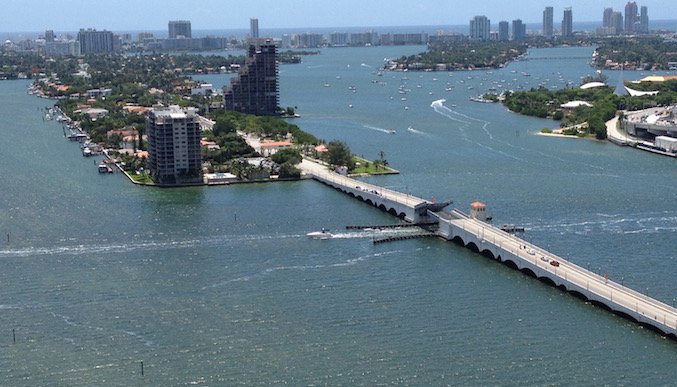Sustainability has such a broad meaning that anyone can have their own definition and they all will be true.
Sustainability, as related to the environment and energy became a term commonly used and “trendy”, and thus it creates a risk of “greenwashing”.
The energy strategy or policy typically defines high-level goals and requirements, and include common keywords. Once the product, activity, or idea becomes popular, we can notice tendencies for its excessive use. What are your first thoughts of “green” or “sustainability”? What is the exact meaning of (what is behind) promoting innovation and efficiency? Each of us can probably interpret and apply these terms in many different ways. The thin line between the influence and manipulation lies within the personal feelings about the solution. So, what happens when we deceptively use these keywords to promote the perception of environmentally friendly products or practices?
Energy audit is one of the stars of the popularity contest these days. There are at least three levels of audits, as defined by ASHRAE, and they itself do not save money and energy unless the recommendations are implemented. Operating staff and energy manager, if such position exists within the organization, usually has a list of already identified potential energy saving opportunities which typically includes facilities, lighting, HVAC, load factors, or changing the patterns of energy use. Among the set of measures is also ongoing monitoring, because you cannot manage what you cannot measure.
More complex solutions, such as demand response, cogeneration, energy storage, or shifting to other sources of energy require more effort, money, and engineering support. However, one the most important factors are the human behaviors and habits. The best technology and the high-priced solutions will not work if the operational staff has no training, understanding, and willingness to proceed.
Another popular term “triple bottom line: people, planet, profit” is being used widely but in fact the only truly understood is money and quantifiable risks.
Energy efficiency, like most environmentally friendly concepts, is commonly associated with cost. In the long-term applied energy efficiency measures proved to be cost effective strategy by providing cost savings, so why energy efficiency is such a hard sell?
As climate change awareness and mitigation strategies are being developed, it is expected that industry will progressively prioritize energy efficiency as a critical solution to reducing greenhouse gas emissions and potential energy gap. This transformation is inevitable but cannot happen without public support and commitment. We all agree that nothing is constant but change. Are we really afraid of change or maybe not being prepared for the change?


